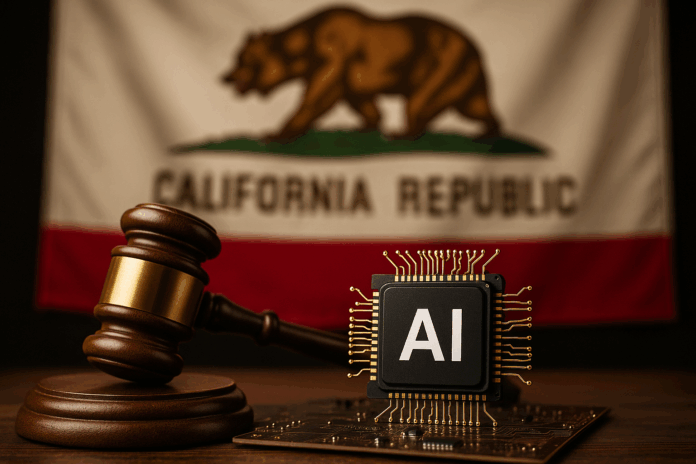London, UK, July 20, 2025 (GLOBE NEWSWIRE) — If you are looking for a simple, reliable and forward-looking way to build a sustainable source of income, the CJB Crypto cloud computing platform will provide you with unprecedented opportunities. Imagine waking up every day to see your digital assets grow steadily driven by artificial intelligence. This is no longer a dream, but a reality.
With CJB Crypto, you can remotely participate in global AI model training projects. While contributing computing resources to technological advancement, you can also earn daily income. Let’s explore how CJB Crypto works and why it can be your next step towards digital financial freedom.
What is CJB Crypto? How does it generate passive income?
CJB Crypto is a decentralized artificial intelligence cloud computing service platform that allows users around the world to rent computing power and participate in AI model training tasks. The platform allocates users’ computing power to real AI projects from scientific research institutions, technology companies, and global developers, and distributes revenue based on task completion.
Unlike traditional investments or complex technical operations, CJB Crypto does not require any technical background or local hardware setup. Users only need to select a computing package, and the system will automatically assign tasks and generate income.
Advantages of CJB Crypto
Computing power contract system: Provides a variety of flexible cloud mining contracts, and users can freely choose the cycle and investment amount.
Multi-currency support: Supports recharge and withdrawal of mainstream assets such as DOGE, BTC, ETH, SOL, XRP, USDT (ERC20/TRC20), USDC, etc. within 3 seconds.
Fund security: The platform adopts SSL/TLS encryption, third-party audit verification, and British regulatory certification to provide 100% protection for user fund security and data privacy.
Automatic income distribution system: Mining income is automatically distributed to the account every day and can be withdrawn or reinvested at any time.
Business operation transparency: The entire process function is simple and reliable, with real-time mining analysis and transparent payment.
Flexible solutions: A variety of mining contracts are available, and both novice and experienced investors can get rich returns.
Environmental protection infrastructure: Adopt 100% sustainable power generation to ensure everyone’s environmental safety and health.
How to join CJB Crypto
1. Register: Visit cjb.top, click “Register” and follow the quick onboarding process.
2. Claim your bonus: Get your $10 welcome bonus instantly and activate your daily sign-in contract – earn $0.60 per day.
3. Earn every 24 hours after signing a contract.
What services does CJB Crypto provide?
By remotely controlling Bitcoin mining machines through the cloud, users do not need to purchase or maintain any hardware equipment in person. Just log in to the CJB Crypto platform, select the contract and pay the corresponding fee, and the system will automatically allocate high-performance mining machines located in global data centers. The entire mining process is hosted by the platform, and users can view the computing power status and daily income in real time on the dashboard.
The latest contract plan is as follows:
Example:
For example, if you choose a 5-day contract, the investment in this contract is 500 US dollars, the daily commission is 6.25 US dollars, and the contract expires after 5 days. You can get a total of 500 US dollars + 31.25 US dollars. When it expires, you can choose to continue or end the contract.
Summary:
Cryptocurrency has huge potential for financial growth, and CJB Crypto’s cloud mining has become one of the safest and most profitable options. Users are no longer bound by the price fluctuations of currencies such as XRP, but can achieve stable daily returns and continuous appreciation of assets through smart mining strategies. Keep your XRP running 24/7, which translates into stable daily returns.
























You must be logged in to post a comment Login